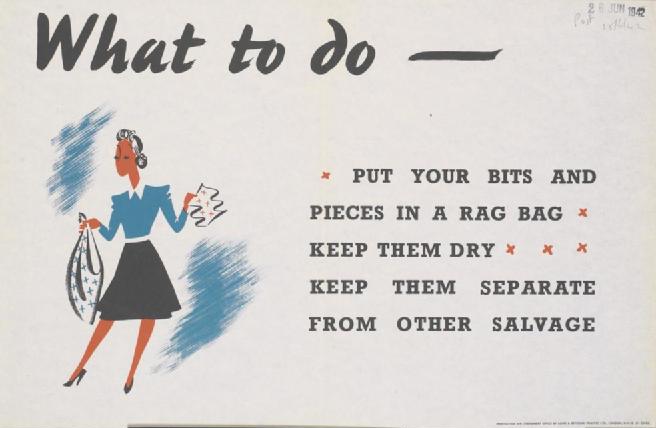This is part one in a new series on the legal side of having your products manufactured ex-China.
Ten years ago, our international manufacturing lawyers would frequently need to spend 10-20 minutes with clients and potential clients, justifying the benefits of having NNN Agreements and Manufacturing Agreements with Chinese manufacturers. And then another 10-20 minutes explaining why securing a China trademark (even when NOT selling at all to China) was absolutely critical. See also, The Three Keys to Protecting Your IP in China. We rarely have to explain these things about China any more.
But with so many of our clients moving their manufacturing out of China, we are again having to provide long explanations as to what companies must do to protect themselves in countries like Vietnam, Thailand, Mexico, the Philipines, Indonesia, India, Bangladesh, Pakistan, Taiwan, Poland, etc. Because the overall legal paradigm for manufacturing and for contracts and for IP tends to be generally the same from country to country, our manufacturing lawyers have been suffering from a bit of deja vu lately. I myself have no fewer than three times already this shortened week found myself explaining why it makes sense to have a good contract with manufacturers in Bangladesh, Vietnam and Thailand.
The bottom line is that no matter how bad the legal system in the country in which you are manufacturing, a good contract can both help you and even more importantly, protect you and your IP. Far too often Western companies believe the only reason for having a good contract is to be able to sue or to arbitrate to enforce it. There are though three main reasons to have a good contract with your manufacturer (no matter where it is) and enforceability is only one of those. Having a good contract makes sense for the following three reasons:
1. To achieve clarity. Having a well-written contract in a language your manufacturer truly understands will assure you that the company with which you are doing business truly understands what you want of it. Put simply, it will put the two of you on the same page.
For example, if you ask your Vietnamese supplier if it can get you your product in 30 days, it will answer with a “yes” pretty much every time. But if your Vietnamese supplier signs a Vietnamese language contract mandating that its failure to ship your product within 30 days will require it pay you 1% of the value of the order for each day late, you will know that it is truly serious about the 30-day shipment terms.
2. To prevent your manufacturer from breaching. The second reason for having a well-written contract with your manufacturer is to convince it that it will be better off complying with your contract than violating it. Having a well-written contract that is at least potentially enforceable means your manufacturer knows exactly what it must do to comply and knows that its failure to comply could subject it to a lawsuit or arbitration it will need to fund and very well might lose.
Let’s use the 30-day shipment time as the example again. If your manufacturer makes widgets for 15 foreign companies and five of those have very clear time deadlines with very clear contract damages provisions and it starts falling behind on production, to which companies will your manufacturer give production priority? Of course it will put the five companies with a good contract at the front of the line. You need to make sure your company is one of those five companies.
3. Enforceability. This is the third reason for having a good contract. The international manufacturing lawyers at my law firm have written hundreds of manufacturing contracts and we have never once been called on to litigate any of them, nor am I aware of any of them having been litigated. I attribute this to reasons #1 and #2 above, but I have to admit this also means I cannot stand up and scream that xyz country’s courts enforce well-written contracts. Even better though, I can stand up and scream that they certainly do seem to prevent problems. Even though I cannot speak regarding the enforceability of my firm’s contracts.
Future posts will focus on what sort of contracts you should have and what should go into those contracts and what other steps you should take to protect yourself.

























